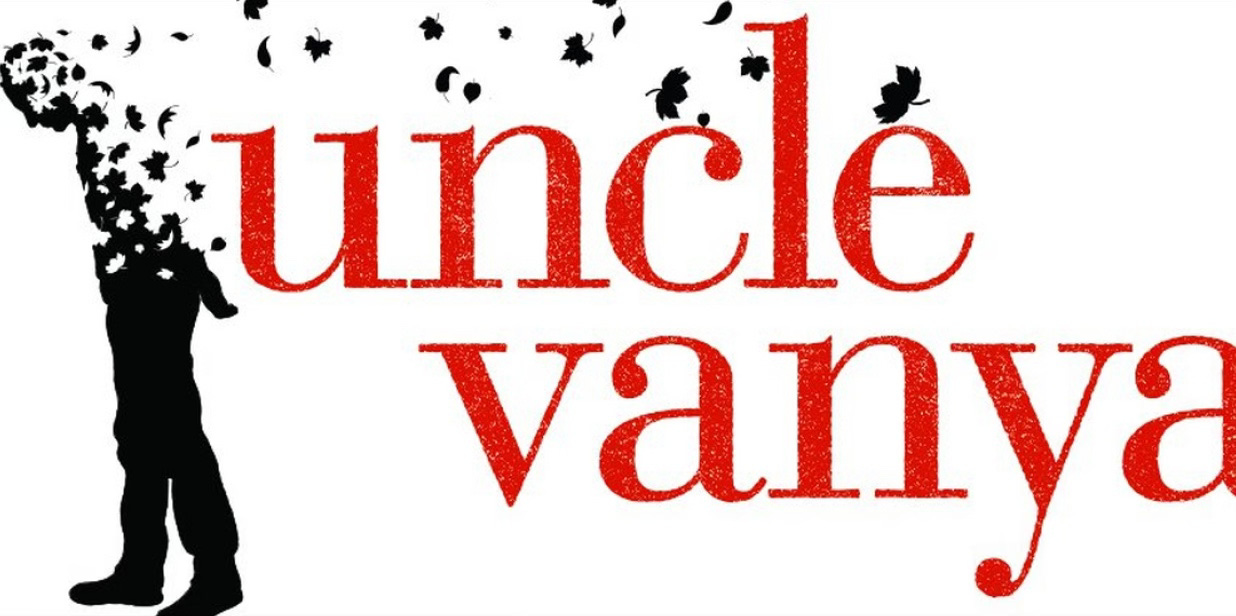Here and Gone: "UNCLE VANYA"
Lincoln Center Theater’s recent production of Uncle Vanya, a sellout from the get-go, with a celebrity-strewn cast led by Steve Carrell, closed out its limited run right after I managed to catch up to it. The show needed no help (or hollering at) from the likes of me, and anything I say now is clearly beside the point. Yet, I still feel like writing something. Because this Vanya left me a little bit haunted, which is all you can ask from any Vanya.
Chekhov has always shaken me up more than Shakespeare. I say this as a compliment. Chekhov’s plays, though incredibly hard to pull off, mess with my head, and my heart, even when the Chekhovian comedy feels over-played, or the Chekhovian ennui over-surrendered to— as was the case during the opening minutes of LCT’s Uncle Vanya. But you gotta be patient with Chekhov. Inexorably, the distinguished LCT cast found its groove.
I love when that happens in the theater. Perfection is a marvel onstage, and disasters fascinate, but course correction is rare and precious. Chekhov’s writing leaves room for such re-routing.
In fact, his plays are fundamentally about the failure to re-route — absent, or despite, the opportunity. Chekhov’s deluded screw-ups never get where they want to go. This particular Vanya production did.
I found the individual reorientations compelling and, ultimately, moving.
Steve Carell’s comedic tics are so recognizable and so damn funny that his initial time onstage felt inescapably canned, but he labored as Vanya to shred those tics, increasingly tearing through to the heartbreak and desolation that underly Vanya’s soul-numbing outward silliness, until that sad guy up there wasn’t just “The Office guy.” He was Uncle Vanya.
William Jackson Harper has his own comedic tics. They have carried him a long way into our television imaginations on The Good Place. While not as pronounced as his esteemed castmate’s, they were up there on display during the play’s early moments, effortfully ticking away. And then Harper let them go, slipping into the self-abnegation of Chekhov’s landlocked, lovestruck Dr. Astrov. He continued to be funny. But now excruciatingly so.
The rest of the cast, led by these two navigators, seemed to recalibrate in response to them, cohering into a stellar ensemble performance, clear-eyed and stealthfully directed by Lila Neugebauer, who, I assume, allowed these actors to find their way and thereby take us with them. Alison Pill, who has done such solid theater and screen work for a while now, lit out early on in a frenzy of over-signified Chekhovian despair as Sonia, Vanya’s lovesick, codependent niece. Cueing into the recalibrations of both her Vanya and her Astrov, she wound up dialing down, alongside them, into a simply lovely, tragic Sonia. Anika Noni Rose, similarly deepened the scripted shallowness of her glamorous interloper, Elena, in direct proportion to the darkening amorous desperation of William Jackson Harper’s Astrov. By play’s end I was aching for these two to get together, as I never have before in any other production of Vanya. This left me, as I said, haunted.
Alfred Molina, as Elena’s husband, the gassy professor Alexander, seemed always to know exactly where he was going, just like his character. No recalibration needed. I was delighted to rediscover Jonathan Hadary, an actor woven into many of my best youthful theatrical memories (Gemini, As Is, Tyne Daly’s Gypsy, Sondheim’s original Assassins). His “Waffles” was everything I’ve ever loved about Mr. Hadary... but older — daffy, sagacious, embittered, clarified.
I am generally not a fan of the causal updating of classics but I thought that Heidi Schreck’s shamelessly colloquial modernist translation/adapation of Uncle Vanya worked, at least in the mouths of these actors. Face it, I have only ever seen Chekhov in translation. Most of us only have, and ever will, so what do we really know? Another kind of haunting.




